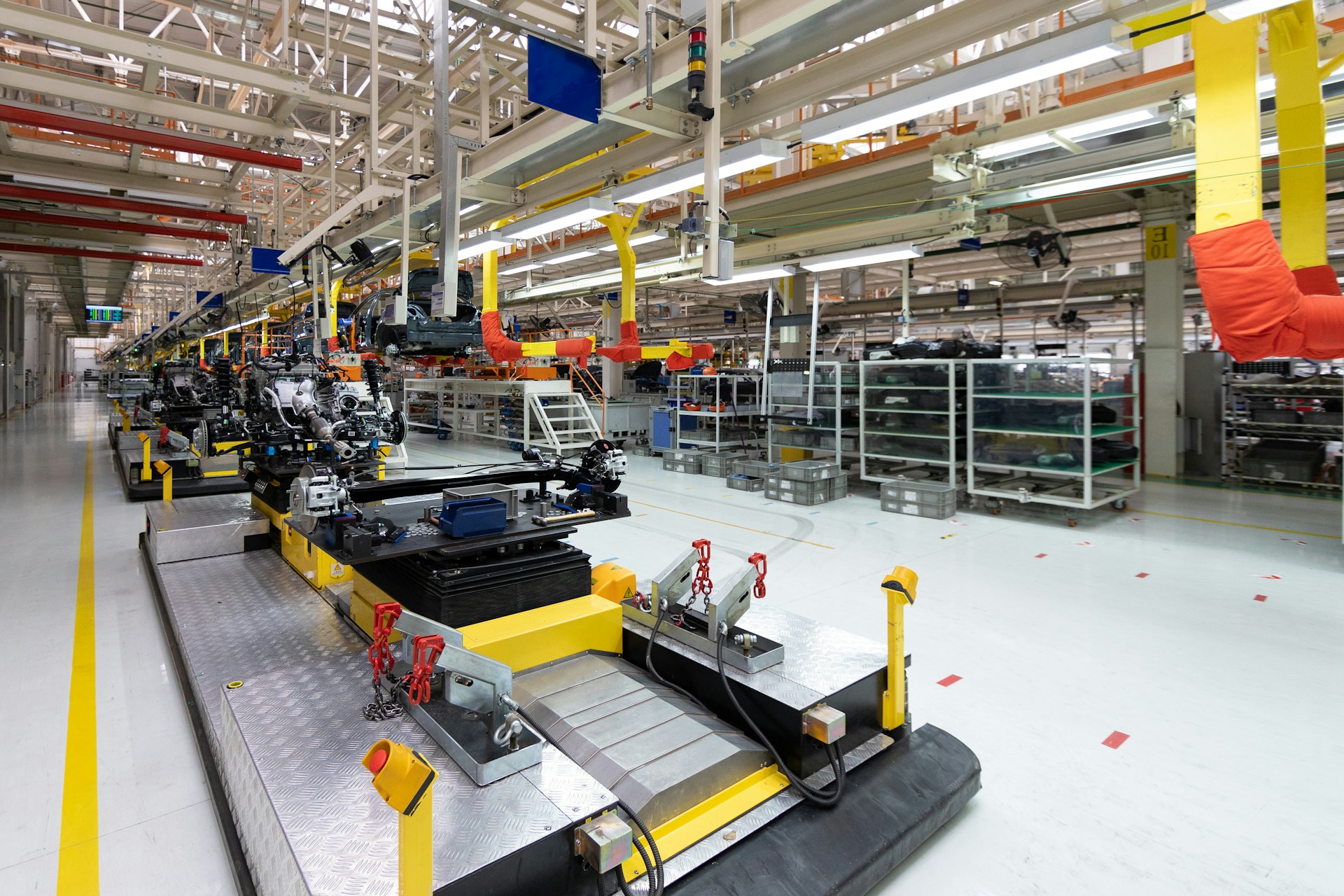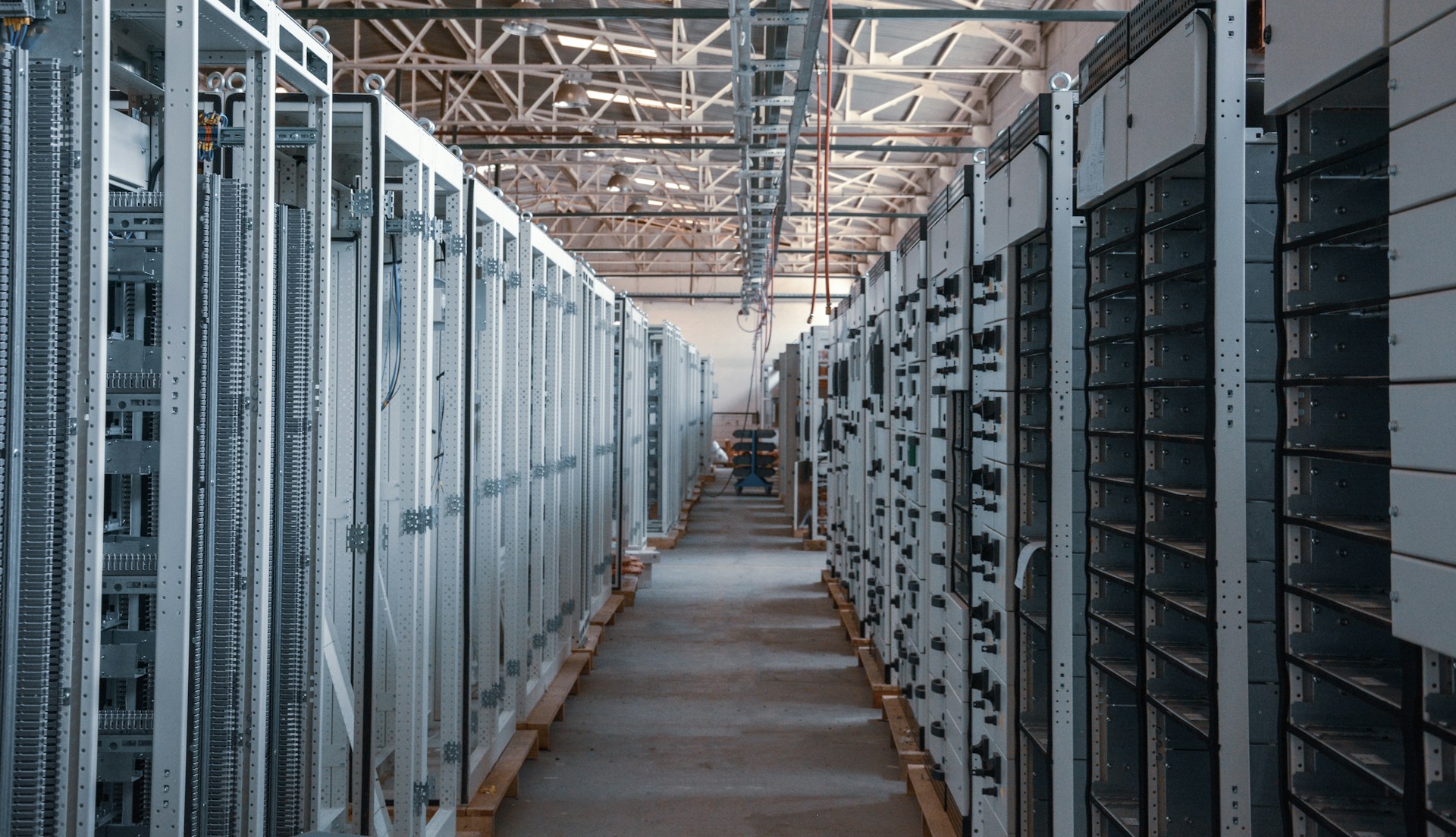When it comes to ensuring the safety of your property and its occupants, understanding the importance of fire alarm system services is crucial. These services not only include the installation and monitoring of fire alarm systems but also encompass regular inspections and maintenance to keep your system functioning optimally. Many business and property owners in the greater Houston area may overlook these essential services, which could result in dangerous situations.
Choosing a reliable fire alarm service can safeguard your premises from the devastating effects of fire emergencies. By partnering with skilled professionals, you can benefit from tailored solutions that meet your specific needs. This includes everything from comprehensive fire alarm installation to ongoing maintenance, ensuring that your system remains compliant with local regulations.
In a region where protecting customers, employees, and assets is vital, understanding the various fire alarm services available will help you make informed decisions. By prioritizing fire safety, you not only adhere to regulations but also foster a secure environment for everyone involved.
Understanding Fire Alarm System Services
Fire alarm system services are crucial in maintaining safety standards in buildings. These services include various systems designed to detect emergencies, essential components for life safety, and the integration of automation technology for efficiency.
Types of Fire Alarm Systems
There are several types of fire alarm systems that you might consider for your property in the greater Houston area. The three main types include conventional, addressable, and wireless systems.
- Conventional Systems: These are often used in small buildings and trigger alarms based on zone detection.
- Addressable Systems: More advanced, these systems allow for precise identification of the source of the alarm, enhancing response times.
- Wireless Systems: These offer flexibility in installation and are ideal for retrofitting older buildings without extensive wiring.
Selecting the right type depends on your specific needs, building layout, and safety requirements.
Core Life Safety Components
Understanding the core life safety components of fire alarm systems is essential for ensuring maximum protection. You should be familiar with several critical elements:
- Smoke Detectors: These detect smoke and initiate the alarm signal. Options include ionization and photoelectric types.
- Heat Detectors: These respond to temperature changes, ideally used in areas where smoke detectors may give false alarms.
- Manual Pull Stations: Located throughout the building, these allow occupants to manually trigger the alarm in an emergency.
- Alarm Notification Devices: These include sirens and strobe lights that alert occupants and help ensure safe evacuation.
These components work together to provide a comprehensive safety solution.
The Role of Automation in Modern Systems
Modern fire alarm systems increasingly incorporate automation to enhance safety and response efficiency. Automation allows for real-time monitoring and reporting, which can be crucial during emergencies. Key benefits include:
- Instant Alerts: Automated systems can notify you and emergency services immediately.
- Remote Monitoring: Many systems allow for remote access, providing updates and status alerts from various devices.
- Integration with Other Safety Systems: Automation can help coordinate between fire alarms and other life safety systems, such as sprinkler systems.
By leveraging state-of-the-art technology, you can significantly improve your building’s fire safety strategy while ensuring compliance with local regulations.
Installation and Project Management
Effective management of fire alarm system installation requires a thorough approach to system design, professional installation, and coordination with existing fire protection equipment. Each of these elements is essential to ensure optimal functionality and compliance with safety standards.
System Design and Customization
Your fire alarm system begins with a tailored design that meets your specific needs. This includes an evaluation of your building layout, occupancy type, and potential hazards.
Professional services will collaborate with you to create a customized plan that integrates seamlessly with your existing infrastructure. This design phase may include:
- Risk Assessment: Identifying areas that require enhanced protection.
- Equipment Selection: Choosing appropriate components from reliable manufacturers, such as those compliant with American fire system standards.
- Regulatory Compliance: Ensuring designs meet local fire codes and safety regulations.
A well-designed system lays the groundwork for effective operation, maximizing safety for your building and its occupants.
Professional Installation Process
Once the design is approved, a skilled team will handle the installation process. Professional installation involves meticulous attention to detail to ensure everything operates correctly and safely.
Steps in the installation process include:
- Pre-Install Inspection: Assessing the site to verify that it is ready for new equipment.
- System Setup: Installing the necessary components, which may include alarm panels, detectors, and notification systems.
- Testing and Validation: Conducting full system tests to confirm that it meets all specified requirements.
By focusing on high-quality installation practices, you can trust that your fire alarm system will function as intended when it matters most.
Coordination with Fire Protection Equipment
Effective installation also involves coordinating with any existing fire protection equipment in your facility. Collaboration with other systems enhances overall safety.
Factors to consider include:
- Integration with Sprinkler Systems: Ensuring the alarm communication effectively triggers sprinkler activation.
- Routine Maintenance: Establishing a plan for regular checks of both the alarm system and any interconnected fire protection devices.
- Emergency Protocols: Training staff on how the alarm system works in conjunction with other fire safety measures.
By ensuring that your fire alarm system and fire protection equipment work together, you will create a safer environment for everyone in your building.
Fire Alarm Inspections and Compliance
Ensuring your fire alarm system is thoroughly inspected and maintained is vital for safety and legal compliance. Regular inspections contribute to system reliability, help meet regulatory requirements, and satisfy insurance guidelines.
Routine Maintenance and Testing
Regular maintenance of your fire alarm system is essential for optimal performance. Inspections should be conducted at least annually, although semi-annual testing is often recommended.
Key Routine Maintenance Steps:
- Visual Inspections: Check for physical damage and proper placement of devices.
- Functional Testing: Each device should be tested to ensure it responds correctly during an alarm.
- Battery Checks: Verify that backup batteries are functioning and replaced as needed.
Scheduling these routine checks will help prevent false alarms and ensure that the system is ready in case of an emergency. Services such as those offered by Cintas can assist in maintaining your fire alarm.
Regulatory Compliance with Building Codes
In Houston, your fire alarm system must adhere to local building codes and regulations. These codes ensure that systems function effectively in an emergency.
Important Compliance Considerations:
- Installation Standards: Adhere to specifications set out by the National Fire Protection Association (NFPA).
- Documentation: Maintain records of inspections and maintenance to demonstrate compliance.
- Local Regulations: Be aware of any unique local requirements that may apply.
Failing to comply with these codes can lead to hefty fines and compromise safety. Consulting with professionals is beneficial to navigate these regulations effectively.
Meeting Insurance Guidelines
Insurance companies often require proof of fire alarm inspections and regular maintenance to issue or renew policies.
Insurance Considerations:
- Documentation: Keep comprehensive records of all inspections and maintenance to present to your insurer.
- Regular Updates: Ensure that any upgrades or changes to your system are communicated to your insurance provider.
- Discount Eligibility: Many insurers offer discounts for compliant systems, highlighting the financial benefits of rigorous inspection protocols.
By prioritizing compliance with insurance guidelines, you enhance safety and potentially reduce your premiums. Engaging with services that specialize in fire alarm systems can keep you on track with these obligations.
Monitoring, Emergency Response, and Support
Effective fire alarm services involve continuous monitoring, seamless integration with emergency response systems, and reliable customer support. These components ensure that you receive swift action during emergencies and comprehensive assistance throughout your service.
24/7 Alarm Monitoring Solutions
Having a fire alarm system that's monitored around the clock is crucial for your safety. Many providers, including those in the greater Houston area, offer real-time alarm monitoring that alerts you and emergency services immediately upon sensing potential threats.
This service guarantees immediate communication with local emergency responders, ensuring rapid intervention. Monitoring systems often include a wide range of sensors, ensuring that any signs of smoke, heat, or fire trigger a response.
For optimal safety, inquire whether your provider uses wireless technology for faster signal transmission, allowing for more efficient alerts and quicker response times.
Integration with Emergency Response Systems
An effective fire alarm system should integrate seamlessly with local emergency response agencies. This integration allows your system to automatically notify fire departments when an alarm is triggered.
By connecting your fire alarm to these systems, you ensure that first responders receive accurate information regarding potential emergencies. Quick response times can make a significant difference in minimizing damage and ensuring safety.
Some advanced monitoring services utilize GPS technology to provide emergency responders with precise locations, enabling them to reach you without delay. It is wise to confirm that your provider offers such integrated solutions to enhance safety.
Ongoing Customer Service and Support
Reliable customer service is essential in maintaining your fire alarm system's effectiveness. In the greater Houston area, many companies provide dedicated customer support to address inquiries and resolve issues promptly.
Regular maintenance checks and updates are vital for ensuring that your system remains operational. Your service provider should offer ongoing assistance, including troubleshooting and technical support.
Also, look for companies that offer educational resources on fire safety, helping you stay informed about best practices. This continued education enhances your preparedness and ensures that you understand your fire alarm system's operation.
Related Fire Protection Services
Fire safety extends beyond just alarm systems. It encompasses various services designed to ensure your premises are adequately protected from fire hazards. Regular inspections and comprehensive fire protection services are vital components of maintaining safety and compliance in your facilities.
Inspection and Maintenance of Fire Extinguishers
Regular inspection and maintenance of fire extinguishers are essential to ensure they function properly when needed. You should schedule inspections at least once a year by a certified technician who will check for accessibility and ensure that the extinguishers are fully charged.
During maintenance, look for signs of damage or corrosion, as these can affect performance. Ensure that the pressure gauge is in the green zone, indicating proper pressure levels. Make sure that your extinguishers are located in visible and accessible areas, clearly marked with signage.
By adhering to these practices, you can enhance your preparedness and compliance with local regulations.
Comprehensive Fire Protection Services
Comprehensive fire protection services offer a holistic approach to safeguard your property in the greater Houston area. These services include fire alarm system installation, routine inspections, and emergency planning tailored to your specific needs.
Engaging professionals who specialize in fire protection ensures all elements, such as fire alarms, sprinkler systems, and extinguishers, work seamlessly together. Regular training for your staff on evacuation procedures and proper use of fire equipment is also critical.
By investing in these comprehensive services, you protect your assets and ensure the safety of occupants in case of a fire emergency.
Frequently Asked Questions
Understanding the specifics of fire alarm system services can help you ensure safety in your environment. Here are key considerations regarding servicing, costs, maintenance, qualifications, and provider options.
How often should fire alarm systems be serviced and maintained?
Fire alarm systems should be serviced at least annually. Regular inspections help to identify issues and ensure compliance with local regulations. Monthly testing of alarms is also advisable.
What are the typical costs associated with fire alarm system services?
Costs for fire alarm system services can vary widely. Typically, you might pay between $75 and $300 for an annual inspection. Additional costs may arise for repairs or system upgrades, depending on the extent of service needed.
What should be included in routine maintenance of a fire alarm system?
Routine maintenance should include testing alarms, inspecting connections, and checking battery life. Additionally, smoke detectors should be cleaned to prevent false alarms and ensure optimal operation.
Who is qualified to service or repair fire alarm systems?
Only certified technicians should service fire alarm systems. Look for professionals who hold relevant licenses and certifications in your area. They should have experience with various alarm system brands and types.
How can I find reputable fire alarm system service providers near me?
To find reputable providers in the greater Houston area, check online directories or local business listings. Reading customer reviews and requesting quotes from several companies can help you make an informed choice.
What differentiates residential and commercial fire alarm service requirements?
Residential and commercial fire alarm systems differ primarily in complexity and scale. Commercial systems often require more frequent inspections and are subject to stricter regulatory standards. Residential systems focus more on basic functionality and may not need the same level of service.
.svg)



.svg)


.svg)



